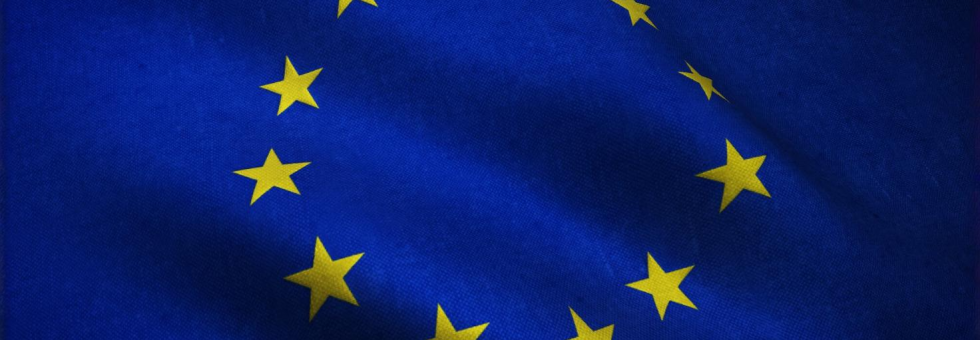The European Union (EU) is introducing a new payment revolution through the Payment Services Directive 3 (PSD3). This update builds on PSD2, further enhancing security, competition, and open payment systems across Europe.
For businesses engaged in cross-border transactions, understanding and complying with PSD3 is essential to developing functional payment systems and avoiding penalties.
This blog explores the key aspects of PSD3, its impact on financial services, and compliance requirements for businesses operating across borders.
Understanding PSD2 and PSD3: Key Differences and Evolution

Before examining PSD3, it’s important to understand its predecessor, PSD2.
What Was PSD2?
Implemented in 2018, PSD2 aimed to drive competition and innovation in the European payments sector. Key features included:
- Open Banking – Third-party providers (TPPs) gained secure access to customer account data via APIs.
- Strong Customer Authentication (SCA) – Introduced multi-factor authentication for online transactions.
- Enhanced Consumer Rights – Stricter authorisation and refund policies to protect consumers.
However, PSD2 had shortcomings, including challenges in fraud prevention, inconsistencies in open banking execution, and regulatory gaps for emerging financial technologies like cryptocurrencies and digital wallets.
Why PSD3? What’s Changing?
PSD3 addresses PSD2’s weaknesses while introducing stronger operational controls to meet modern technology demands. Key improvements include:
1. Strengthened Consumer Protection Measures
- Payment service providers (PSPs) must implement advanced security strategies to combat fraud.
- Stricter consumer protection policies, particularly around fraudulent transaction refunds.
- Greater transparency in payment transaction fees, ensuring businesses and consumers understand all costs involved.
2. Expansion of Open Banking Framework
- Standardised and more secure interfaces for third-party access to bank data.
- Enhanced controls to prevent unauthorised use of customer information.
- Clear liability-sharing rules between banks and fintech companies in case of security breaches.
3. Regulation of Digital Wallets and Cryptocurrency Transactions
- A unified regulatory framework across the EU for digital wallets and e-money institutions.
- Increased oversight to curb money laundering and fraudulent crypto activities.
- Stricter Know Your Customer (KYC) and Anti-Money Laundering (AML) regulations.
4. Improved Fraud Prevention and Cybersecurity Measures
- Mandatory biometric authentication for online transactions.
- Real-time fraud detection and risk assessment requirements for payment processors.
- Continuous transaction monitoring to identify and prevent suspicious activities.
5. Boosting Financial Inclusion and Competition
- Easier licensing processes for fintech startups, fostering innovation.
- Fairer competition between traditional banks and digital payment providers.
- Reduced transaction costs for cross-border business payments.
How Will PSD3 Affect Financial Services?

1. Impact on Banks and Financial Institutions
Traditional banks will need to invest heavily in new technology to comply with PSD3’s enhanced requirements. The expanded open banking framework will also require closer collaboration between banks and fintech firms.
2. Changes for Fintech Companies and Payment Service Providers
While PSD3 promotes safer and more efficient fintech operations, regulators will closely scrutinise:
- How fintech companies protect customer data.
- Their fraud detection and risk management strategies.
3. Effects on Businesses Engaging in Cross-Border Transactions
For businesses involved in international payments, PSD3 brings both benefits and challenges:
✔ Increased Transparency – Clearer breakdown of transaction fees allows better financial planning.
✔ Stronger Fraud Protection – Improved security measures reduce the risk of unauthorised transactions.
✘ Compliance Costs – Businesses must upgrade payment infrastructure and train staff to meet new regulations.
Compliance Tips for Businesses Operating Across Borders
To avoid disruptions, businesses should take proactive steps to ensure PSD3 compliance.
1. Review and Upgrade Payment Infrastructure
- Ensure your payment systems support the latest authentication and security protocols.
- Work with payment service providers that comply with PSD3 regulations.
2. Strengthen Fraud Detection and Risk Management
- Implement real-time transaction monitoring to identify suspicious activity.
- Use biometric authentication for added security.
- Conduct regular financial audits to detect irregularities.
3. Ensure Compliance with Open Banking Standards
- Verify that any third-party financial solutions comply with the latest open banking regulations.
- Work with reputable API partners to establish secure connections between payment processors and banks.
4. Improve Customer Data Protection Measures
- Stay informed about updates from the European Commission and financial authorities.
- Consult legal and financial experts to ensure full PSD3 compliance.
- Strengthen cybersecurity measures to protect sensitive financial data.
5. Stay Updated on Regulatory Changes
- Regularly monitor regulatory updates affecting cross-border payments.
- Seek professional guidance to navigate evolving compliance requirements.
Conclusion
PSD3 introduces significant changes designed to enhance security, transparency, and competition in European payments. While businesses must adapt to stricter regulations, the directive also ensures safer and more efficient cross-border transactions.
For UK-based businesses involved in international payments, staying ahead of compliance is crucial. Implementing PSD3-compliant payment solutions will help maintain a competitive edge.

Ready to simplify cross-border payments?
KeyFX offers secure, PSD3-compliant global payment solutions tailored for UK businesses. Reduce transaction costs, enhance fraud protection, and stay compliant with ease.
